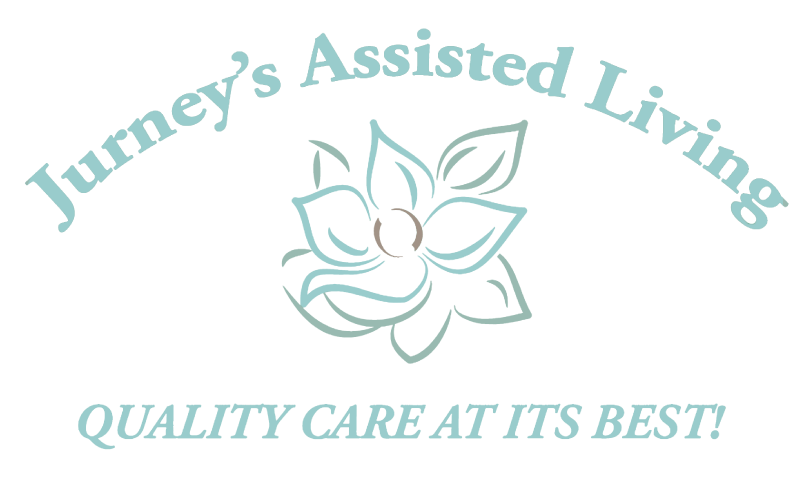Mental Health and the Elderly
Mental Health and the Elderly
Mental Health and the Elderly
Older adults, especially those age 65 or above, are still important contributors to society. They are our family members, our history. Many remain active within the workforce, work as volunteers, or help with the care of younger family members. While many will continue to enjoy good mental health as they age, there are many others who are at risk of developing mental health problems due to neurological issues, substance abuse, isolation or loneliness. As we age, we become more likely to suffer from both physical and mental health issues at once.
The population of the world is rapidly growing older. According to the World Health Organization (WHO), between 2015 and 2050, the percentage of people who are aged 60 or older, will almost double – from around 12% to 22%. While that may not seem like a large number, think about this…that’s an increase of almost 2 billion people.
It is estimated that around 20% of those 60 and older suffer from a neurological or mental disorder, and about 6.6% of disability in this age group is attributed to the same. The most common neurological and mental health disorders are dementia and depression which affects between 5% and 7% of the world’s population.
Mental health issues are not a normal side effect of aging. Unfortunately, seniors are much less likely than younger adults to seek help when mental disorders arise.
How do you know if your loved one is experiencing issues with their mental health and may need additional senior care?
We’ve listed the top 10 signs to look out for below.
10 signs of mental illness disorders in the elderly:
- Changes in dress or appearance, or issues maintaining the home or yard.
- Issues with decision making or concentration, confusion or disorientation.
- Sudden decrease or increase in appetite resulting in changes in weight.
- A depressed mood that lasts longer than two weeks.
- Feelings of helplessness, worthlessness, misguided guilt or thoughts of suicide.
- A sudden onset of memory loss, especially recent or short-term memory problems.
- Physical problems like aches and pains or constipation that can’t otherwise be explained.
- Withdrawal from social interactions, or a loss of interest in things they used to enjoy.
- Trouble with handling finances.
- Unexplained fatigue, energy loss or sleep changes that aren’t related to physical health problems.
It is essential to recognize the signs early and to seek treatment for neurological or mental health disorders in older adults. It is strongly recommended that you seek both psychosocial interventions and medicines to address these issues as soon as signs begin to present themselves.
In the case of dementia, there are currently no medications available to cure it, but there is a lot that can be done to help support and improve the lives of older adults with dementia, their caregivers and their families like:
- early diagnosis is key in order to promote early, optimal management
- Improving mental and physical health, functional abilities and well-being
- identifying and treating any and all physical illness
- detection and management of challenging behavior
- providing information and long-term support to caregivers and family members
You should never hesitate to ask questions of your elderly loved one or seek help if you are concerned that they are experiencing mental or neurological health issues.
Jurney’s Assisted Living provides a number of on site mental health services through Eventus Whole Health that includes highly-trained psychiatry, psychotherapists and other support staff. Eventus Whole Health provides collaborative interdisciplinary care with the seamless and vital integration of key specialties, namely psychiatry and psychotherapy. Such services are tailored to each resident’s individual needs. Programs such as Talk Therapy encourages and directs each resident in resolving issues that may be complicating their ability to cope with stress or difficult situations in their life, and medication Management that monitors the effectiveness and progress of medications.
Contact us today to get the help and support you need.

